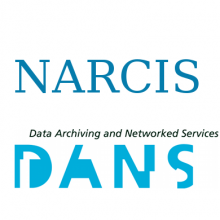Resource information
Customary land tenure is criticized as dynamic with the institutional framework unable to provide enough tenure security at all times. It is also criticized as ineffective to cope with the trends in land tenure delivery at peri-urban areas where individualization of land and demand for land is high. The aim of this paper is to investigate how customary land tenure systems of Ghana meet the dynamic need of the modern life in peri-urban areas. The study used a mixture of qualitative and quantitative methods including general and in-depth interviews, oral narrations, focus group discussions and questionnaires to collect and analyze data from stakeholders in three peri-urban areas of the three land owning groups in Ghana. The study shows that the institutional framework is resilient with the customary land tenure institutions maintaining their traditional power to allocate land and resolve land conflicts. The findings from the study have implications for land administration in peri-urban areas. Cadastres in these areas do not reflect the situation on the ground. The paper concludes that although dynamics of customary land tenure presents many challenges to the existing land administration system, it also has positive implications which provide framework for designing an alternative land administration system that can cope with the dynamics of customary land tenure.


